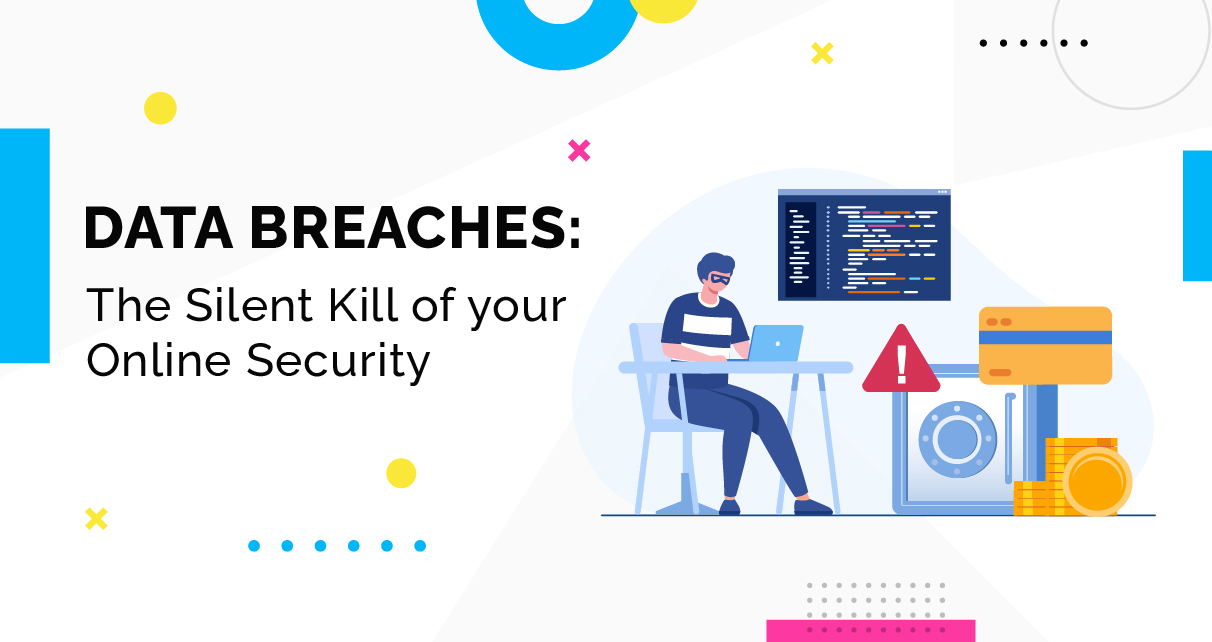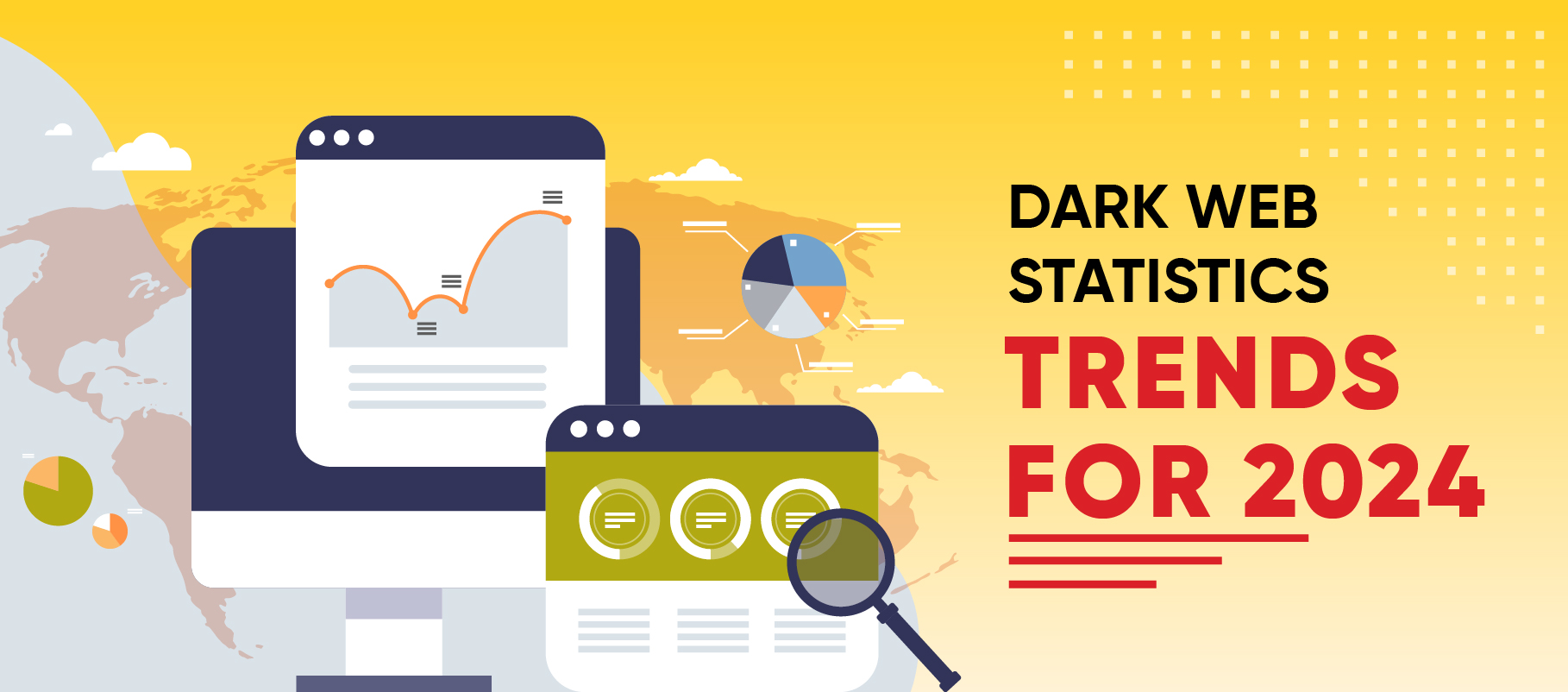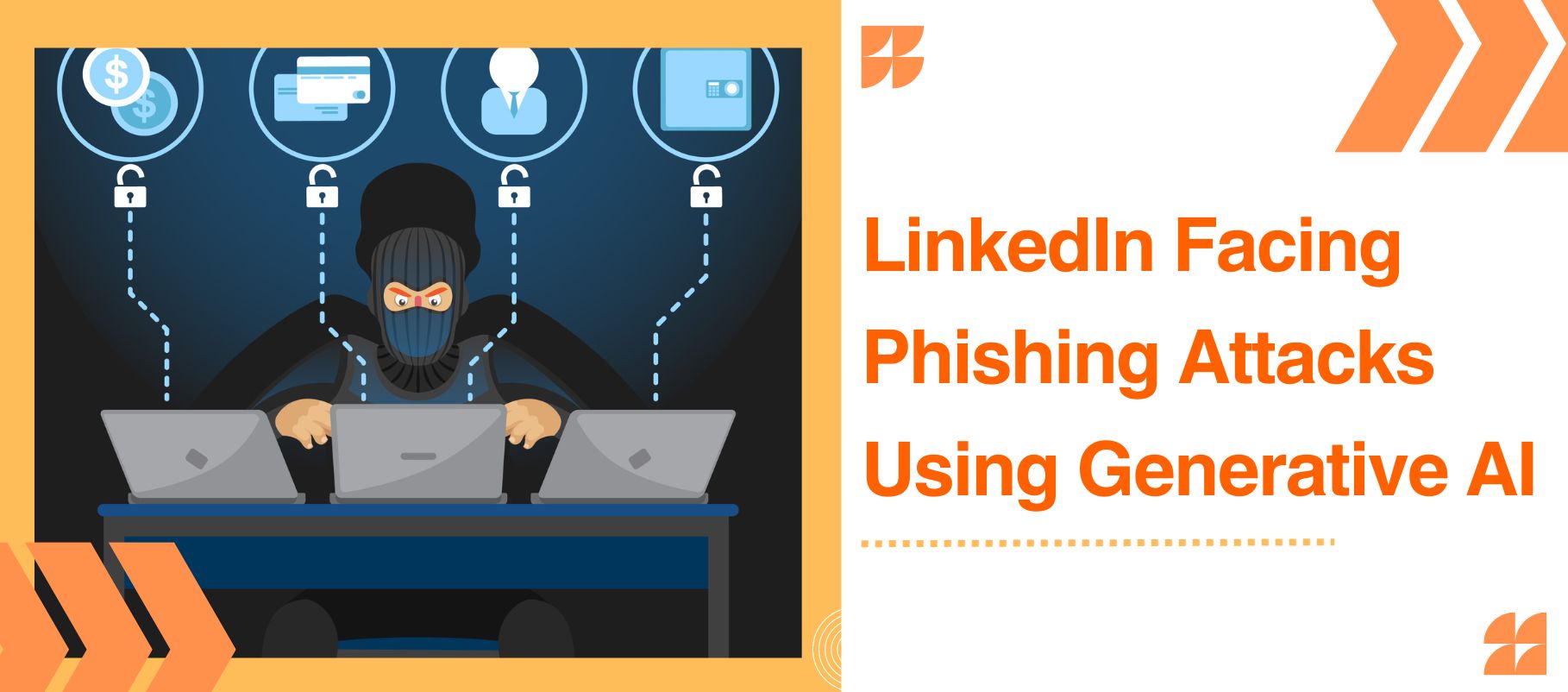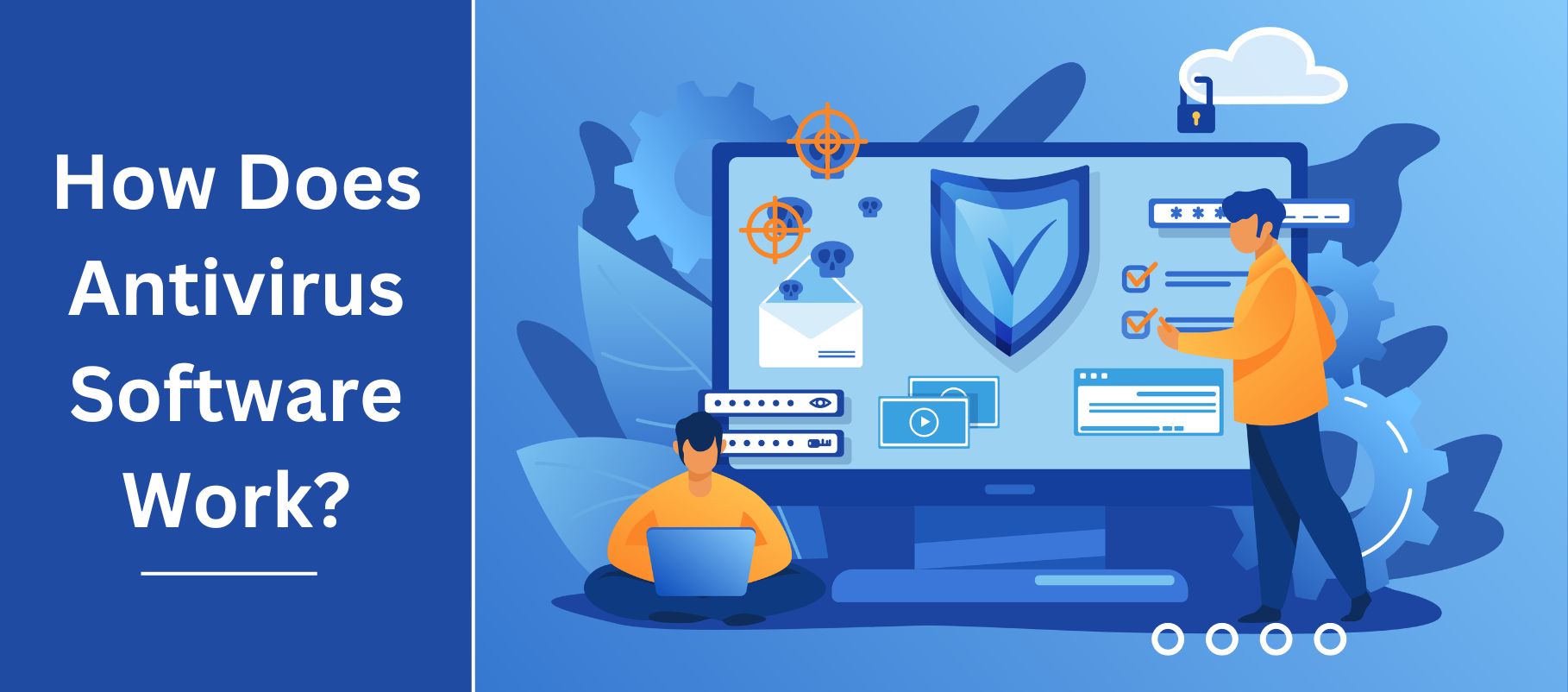What is a Data Breach, and how can it be combated?
Terror not only comes from gunshots and physical crime. These days, online crime is giving humans a big-time terror attack. Have you encountered any such? So, many of you must have, and so many must still be, safe from online terror, which, in fact, is very good. But you need to be cautious. One such online terror that is giving businesses, governments, and individuals a big-time terror attack is called Data Breach or Data Leak. A little lack of precaution can lead to unexpected results, leading to sensitive information leakage. Whether you are online or offline, hackers are way more intelligent and can access you through the internet, text messages, Bluetooth, or any online service you use. A few years back, there was news that Bluetooth connection used to flash on victims' mobile, and upon clicking, it led to account hacking. According to
Read More










